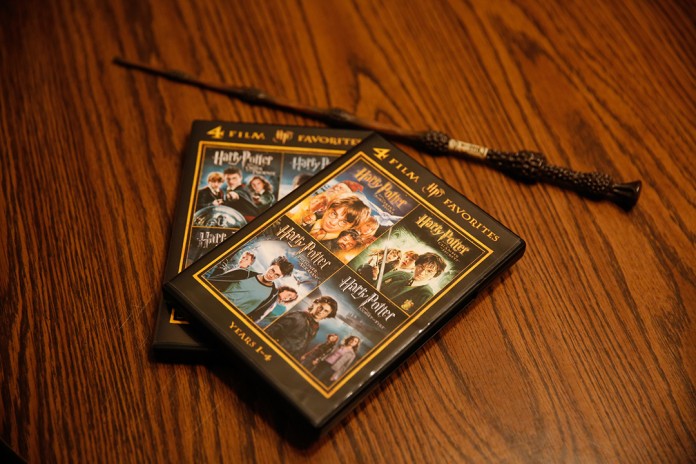There were only two required materials listed on the syllabus for English professor Arna Hemenway’s class on creative writing for younger adults: a copy of “Harry Potter and the Goblet of Fire” and a stick each student would fashion into a wand.
Hemenway’s class is this semester’s special topics in writing class, and though the syllabus is one of a kind, this creative writing class is not the only unusual course at Baylor University this semester. Among special topics classes in many different departments, some of the other standouts include Political Gaming, a special political science class taught by Dr. David Bridge, and history professor Dr. Julie deGraffenried’s class on the history of childhood.
In Hemenway’s special creative writing class, students read and analyze Harry Potter to study the successful elements of young adult fiction, then apply what they’ve learned to various creative writing projects throughout the semester.
“I think when you have a class like this, that mixes everything up,” said Woodbridge, Va., senior Michelle Newsom. “You do get to go outside and get sorted, or you’re competing with your friends for house points, or you’re going to class and your professor’s dressed like a wizard. I think that kind of thing breaks up the monotony of going to class every day and it kind of catches students off guard and makes them pay attention.”
Political Gaming breaks up the monotony of the daily grind with role play and competitive games, which Bridge said teach the subfields of political theory, comparative politics and public law.
“For each section, we play different games that model different theories in each subfield,” Bridge said.
Though students complete readings and quizzes at home, the majority of class time is spent playing these games, which Bridge said provides important opportunities for kinesthetic learning.
“Learning by doing is hard,” Bridge said. “Those opportunities are sparse, so I want to take advantage of that as much as possible.”
The Global History of Childhood involves less kinesthetic learning, but this history class’s assignments are similarly creative.
“Students are, over the course of the semester, creating an archive of primary sources from their own childhoods and placing them in historical context,” deGraffenried said. “So my students have tried to write analytically about things from their own lives like ‘The Simpsons,’ children’s theater programs, Pokemon, driveway basketball games, cable TV and Reese’s Puffs cereal.”
deGraffenried said the history of childhood and youth is a new subfield of history in which historians try to understand how being young affects people’s experiences of the world and how societies over time have understood what it means to be a child. This special topics in history class studies everything from Aztec disciplinary methods to the origin of Santa Claus.
Although it’s too late to enroll in Political Gaming or the Global History of Childhood, many academic departments offer unique special topics classes, so there are sure to be more unusual, creative classes next semester.






